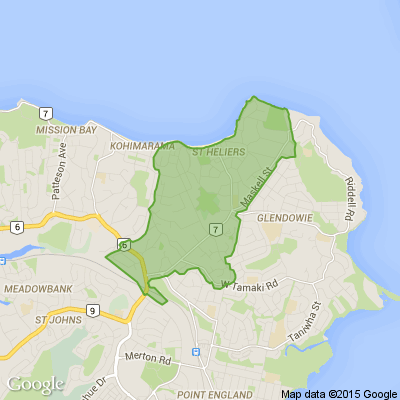Varicose veins can be treated without surgery.
Veins in your legs work against gravity to return blood to the heart, so it is helped along by tiny valves that stop the blood going backwards. These one-way valves can weaken, causing blood to pool, which leads to bulbous, protruding veins. The discomfort of varicose veins is often described as fatigue, heaviness, itching or even cramps.
Historically, treatment of varicose centred on surgical removal of varicose veins under general anaesthetic. However, endovenous catheter ablation has become so successful that surgery is seldom needed. Endovenous means "working inside the vein" and ablation means "to close off". Under local anaesthetic, a laser fibre is threaded into the varicose vein and used to close off the problem veins, prompting the blood to redirect itself. Compression stockings are worn for two weeks post-treatment and regular walking is recommended.
There is no need for time off work. If you have varicose veins that are affecting you call Vein & Laser for a consultation with our doctor, vein physician Elisabeth De Felice.

Poll: Should the government levy industries that contribute to financial hardship?
As reported in the Post, there’s a $30 million funding gap in financial mentoring. This has led to services closing and mentors stepping in unpaid just to keep helping people in need 🪙💰🪙
One proposed solution? Small levies on industries that profit from financial hardship — like banks, casinos, and similar companies.
So we want to hear what you think:
Should the government ask these industries to contribute?

-
59% Yes, supporting people is important!
-
25.5% No, individuals should take responsibility
-
15.5% ... It is complicated
A Neighbourly Riddle! Don’t Overthink It… Or Do?😜
Do you think you know the answer? Simply 'Like' this post if you know the answer and the big reveal will be posted in the comments at 2pm on the day!
If you multiply this number by any other number, the answer will always be the same. What number is this?

Gardening and Painting Services
Our team is ready to give a makeover to your garden and a fresh paint/look to your interior and exterior of your house
Call, Text or email us for a free quote
027 944 4449
alexandlinda9@gmail.com
www.alexandlinda.co.nz....
Trimming/Cutting Hedges and Trees
Digging out/Removing overgrown unwanted plants/flowers
Seasonal Clean-up/Big Garden Clean up
Mixed/Green Waste Removal
Floor and Tile Painting
Indoor/Outdoor painting
Deck/Fence Painting/Staining













 Loading…
Loading…